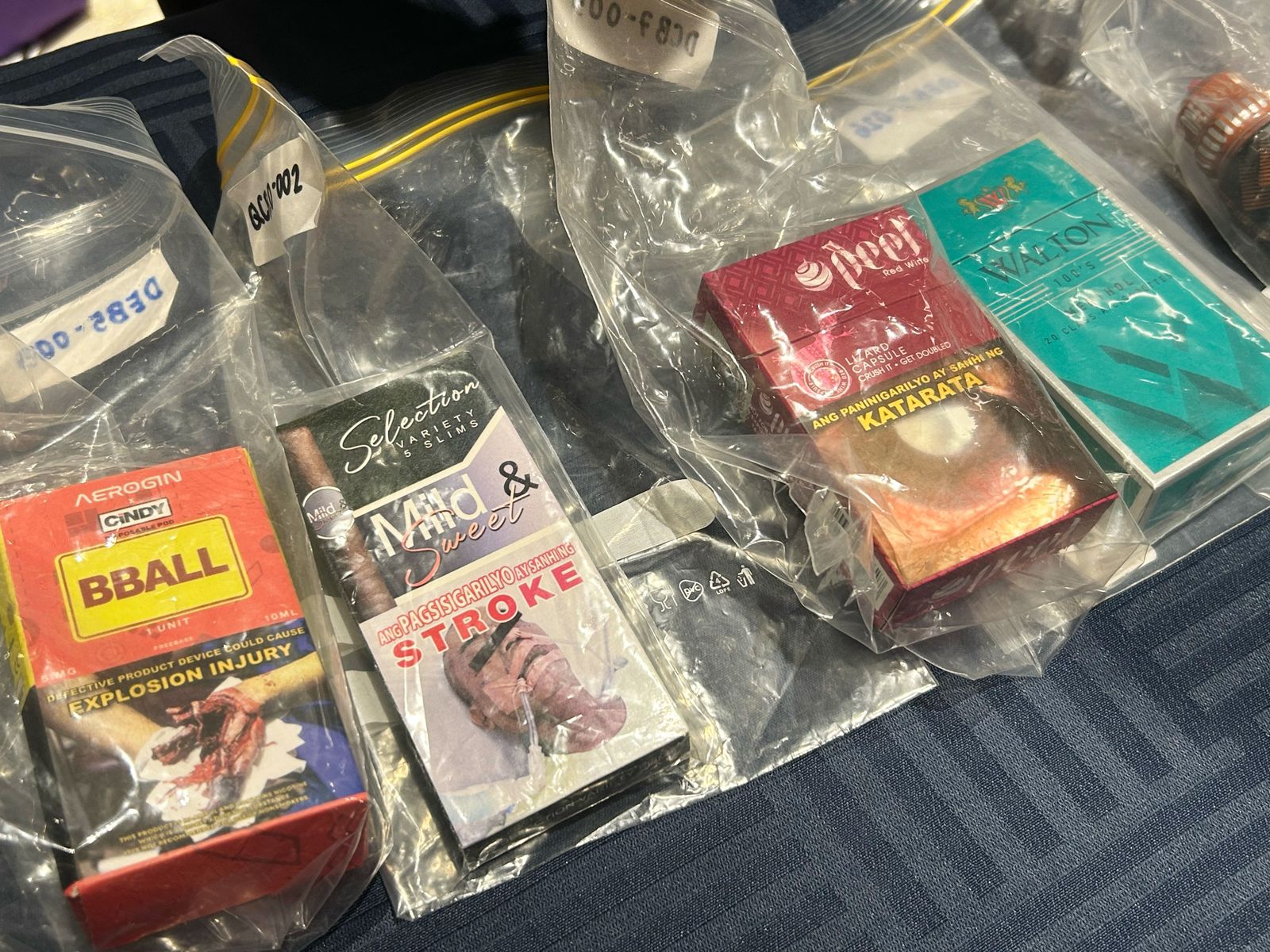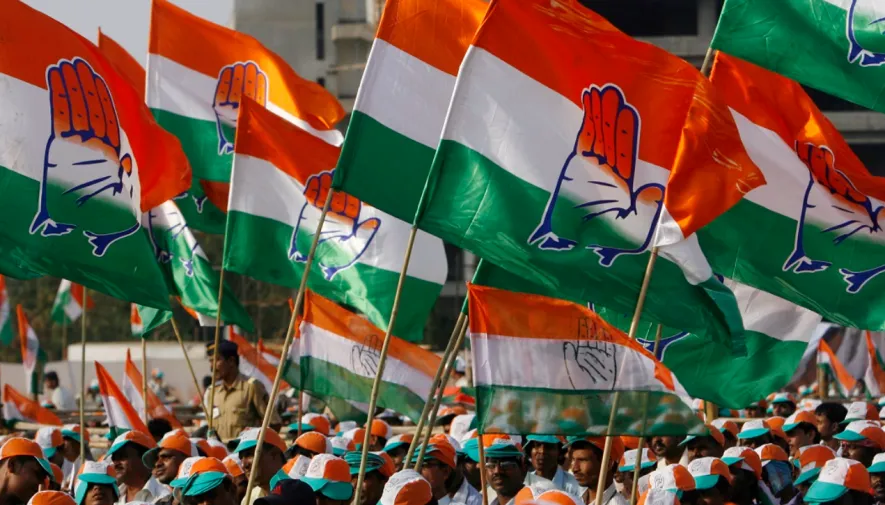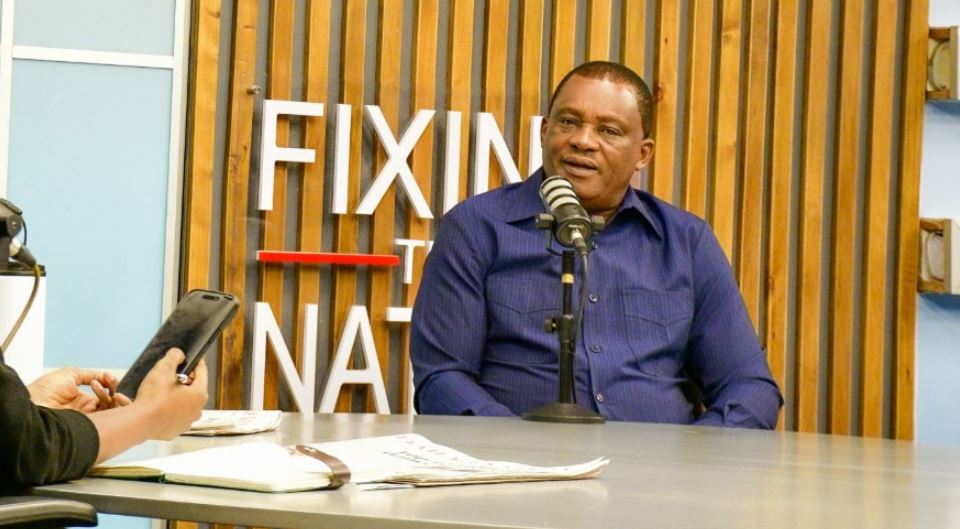One day in 2020, some people locked Gulfisha Fatima into her house.Gulfisha grew up in Seelampur, Delhi. A first generation learner, she had a deal with her parents.
She could study as much as she wanted. In 2020 she was finishing her MBA and applying for jobs. Then the amendments to the CAA-NRC act, were proposed and protests against its exclusionary intent broke out across the country, but especially in Delhi.

These protests attracted many young people looking for a more expansive and inclusive politics of fairness, creativity and love. Gulfisha became involved with the protests. A passionate and articulate speaker, she grew into a young leader.
In any other times this journey would inspire people, fill them with admiration.But these are not those times.Once, Gulfisha was locked inside her house by miscreants trying to prevent her from going to an anti-CAA protest.
“We had to break the locks of our own house” her parents said. Not long after, on April 9th, 2020 Gulfisha was arrested along with several young activists on allegations of inciting riots in North East Delhi; riots in which a police affidavit itself noted that there was widespread loss of life and property of Muslims. A riot in which BJP MLA Kapil Mishra was recorded instigating crowds shortly before violence broke out, but it was a group of young activists committed to the spirit of the Constitution who were arrested.
Some of them eventually were released on bail after over a year. That has not happened for Gulfisha.Bail hearings are postponed, benches are changed and an endless deferral of process has kept her in jail for what will be 5 years on April 9.
There are so many stories of injustice and heartlessness around us, that perhaps to hear one calls up helplessness, even just to feel. Gulfisha wrote about waiting for bail, “After some years you just accept it. Jail is the best place to make you helpless.
”I am not sure which jail we are in that we should feel helpless or numb.But many young people don’t volunteer for this imprisonment. They don’t stop feeling because the world is trying to train us into numbness.
For this, they attract the full force of the State. In the US we watch students being arrested and deported for peaceful protests or even social media posts. They persist.
Last week we saw horrifying videos of wildlife fleeing in panic as the Telangana government bulldozed 400 acres of land in Hyderabad Central University, for software parks. Seems neither diversity nor bio-diversity are palatable to the powers that be, or perhaps for the powers to be.But students protested.
They posted videos. The peacocks’ screams penetrated the impassive walls of the courts and there was an intervention. In jail, Gulfisha began writing poems.
“For the history exam/ everything I would learn by heart/ but would always forget/the dates/I forget now almost-everything/I remember/only the dates (tareeq, as in court dates).” A social media campaign is asking that people read Gulfisha’s poems and post videos on April 9. Who can say if poems can penetrate injustice, as peacock screams miraculously have? But, if you wonder what it means to be a young person today, the poems, with their ache, their continuing idealism will ask you to confront this question with all the difficult feelings we cannot afford to ignore.
Paromita Vohra is an award-winning Mumbai-based filmmaker, writer and curator working with fiction and non-fiction. Reach her at paromita.vohra@mid-day.
com.
Politics

Poems from prison

A passionate and articulate speaker, she grew into a young leader. In any other times this journey would inspire people, fill them with admiration.















